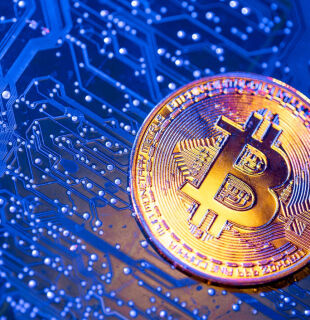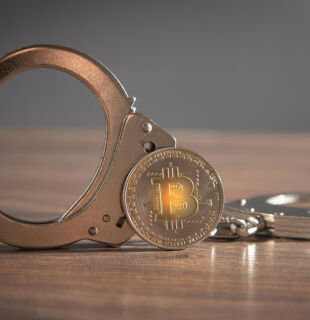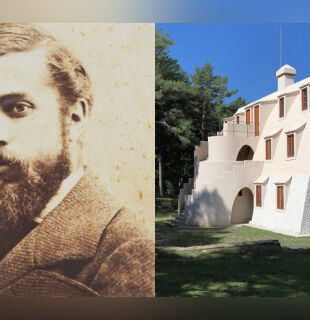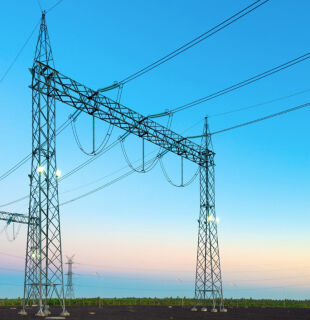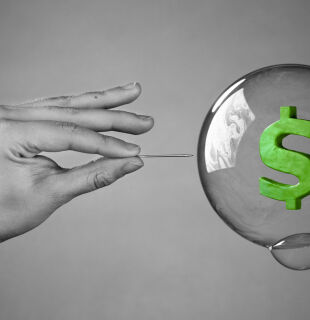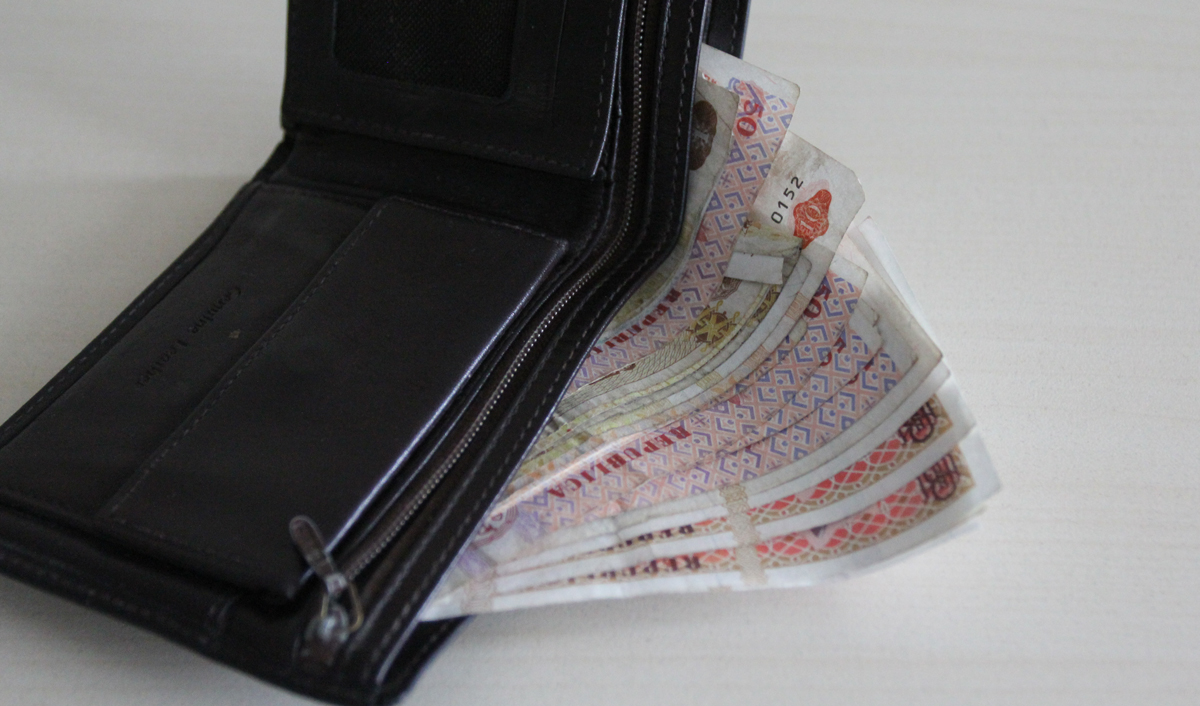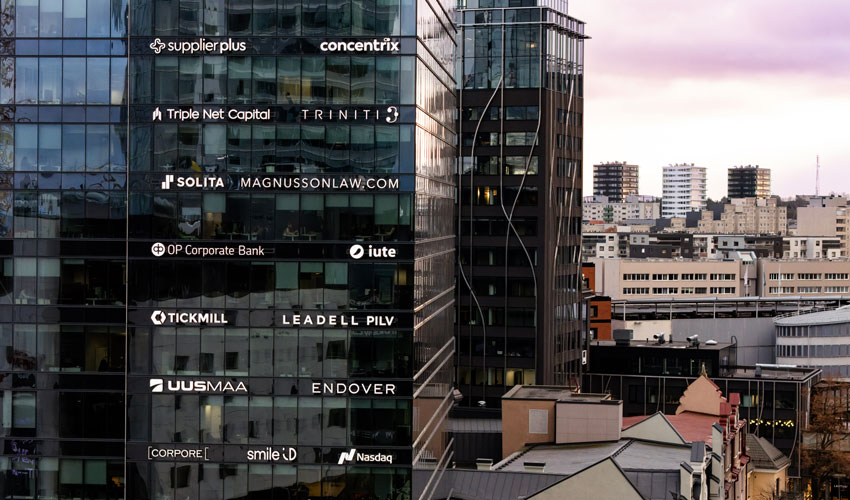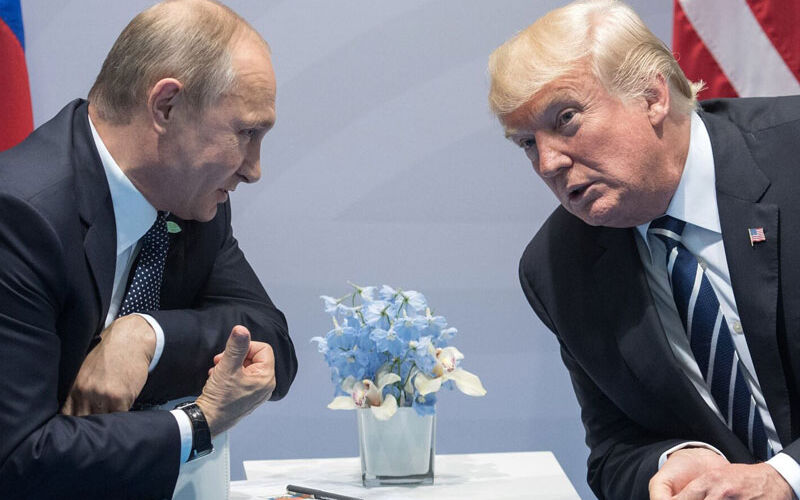
On Thursday, US President Donald Trump extended sanctions against Russia for another year. Despite this, financial markets have long been abuzz with rumors that Russian stock markets are just weeks away from reopening. This alone increases demand for shares of Russian companies or international companies with ties to Russia, according to the US news portal Bloomberg.
Bloomberg cites, in particular, securities lawyer Grigory Marinichev of Morgan, Lewis & Bockius, who works in New York. Recently, clients from around the world have begun contacting him asking how they can trade on Russian markets. His simple answer that it is impossible because of sanctions does not satisfy interested parties, the lawyer says. Therefore, the big players are looking for a way to get hold of Russian assets.
The Hong Kong Stock Exchange, for example, is buying up shares of Moscow-based aluminum giant Rusal International PJSC so quickly that their price rose by about 75% in February alone. Rusal is not currently on the EU and US sanctions lists due to the start of Russia’s SWO in Ukraine. Although the company’s founder and major shareholder Oleg Deripaska is under personal sanctions by the EU, the US and the UK.
Investors in Vienna have driven up the share price of Raiffeisen Bank International AG, an Austrian bank with a branch in Moscow, by about 35% this year, according to the report. Many other international banks, including Deutsche Bank, have pulled out of Russia, while Raiffeisen has not. Shares of Hungary’s OTP Bank Nyrt, which still operates in Russia, rose another 11%.
According to the report, the same is happening in the currency markets. In Kazakhstan, the tenge has gained about four percent in value this month. This is one of the strongest gains among global currencies. The country remains one of Russia’s most important trading partners, despite the risk of so-called secondary sanctions.
Marinichev, the securities lawyer, said the deal involves mostly hedge funds, family offices (companies that manage large private assets of the owners’ families) and private investors. “They want to be the first in this business,” Marinichev was quoted as saying by Bloomberg news agency. – But at the moment we can’t advise them on anything except to follow the news.”
Investment companies are buying up everything that has even the slightest connection to Russia. This shows how much the expectation of stabilization of trade relations between the U.S. and Russia is growing and how isolated Russia is from the Western financial world, Bloomberg writes.
Experts caution against placing too much importance on the market movements of a handful of speculative assets. Shares of the St. Petersburg Stock Exchange (SPbSE), for example, doubled in value after Putin and Trump spoke. However, statements by Russian Foreign Minister Sergei Lavrov that it will not be possible to quickly freeze hostilities quickly extinguished investor optimism. It is also far from clear whether U.S. sanctions against Russia can be lifted at all, as this usually requires congressional approval.
“It will take years to make Russia attractive for investment again,” said Alexander Kolyandr, a senior fellow at the Center for European Policy Analysis and a former strategy expert at Credit Suisse in Moscow. “However, at the moment, it is difficult for people to come up with new ideas, and a possible peace treaty offers obvious opportunities.”
Lyudmila KOTLYAROVA
Original article: Berliner Zeitung
